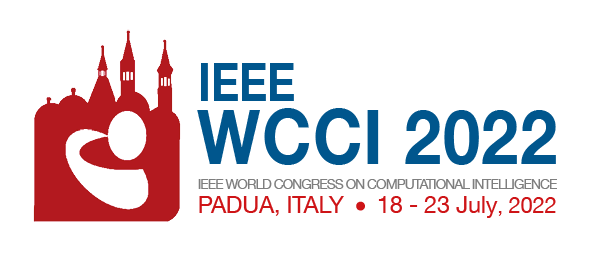Aim and Scope
Despite the impressive results achieved by Deep Neural Networks (DNNs) on many learning tasks, the opacity of DNNs makes them not suitable for applications where model interpretability is required, e.g., medicine, finance, recommendation, and politics. On the other hand, rule-based models benefit from their intrinsic transparency at the cost of being, in general, hard to optimize, hugely limiting their applicability to large-scale problems. Besides transparency and scalability concerns, the overall model effectiveness is of utmost importance. State-of-the-art learning models only meet the latter requirement, since they are typically complex and intrinsically opaque. Rule-based representation and learning, e.g., knowledge graph reasoning and rule learning, have the potential to deal with all the challenges posed by the transparency-efficiency-effectiveness trichotomy. The goal of this special session is to explore the transparency-efficiency-effectiveness trade-off space of rule-based representation and learning techniques. We aim to bring together researchers to discuss the most recent advances and the open challenges, including social issues such as privacy-preserving learning and fairness. We welcome both theoretical and more practical solutions to the problem.
Topics
Potential topics include but are not limited to the following:
- Rule and Preference learning
- Knowledge-based representation
- Relational learning
- Kernels for logic
- Neuro-symbolic learning
- Interpretable representation and learning
- Privacy and ethical issues of rule based representation and learning
- Applications of rule-based representation and learning (e.g. in recommender systems, finance, health, etc.)
Important Dates
- Title and abstract submission: January 31, 2022 (11:59 PM AoE) STRICT DEADLINE
- Paper submission: February 14, 2022 (11:59 PM AoE) STRICT DEADLINE
- Notification of acceptance: April 26, 2022
- Final paper submission: May 23, 2022
Organizers
-
Dr. Mirko Polato, Department of Computer Science, University of Turin, Italy
mirko.polato@unito.it -
Prof. Fabio Aiolli, Department of Mathematics, University of Padua, Italy
aiolli@math.unipd.it
